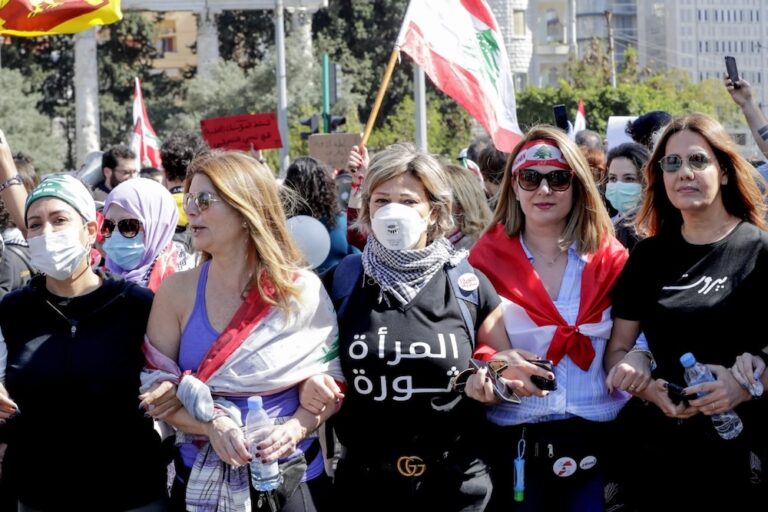(IPI/IFEX) – On 19 October 1998, IPI released this statement on the occasion of its Board meeting in Istanbul, Turkey (15-17 October 1998): The Executive Board of IPI, the global network of editors and media executives, urged the following governments to take steps which would further press freedom in their countries: Cameroon. The IPI Board […]
(IPI/IFEX) – On 19 October 1998, IPI released this statement on the occasion
of its Board meeting in Istanbul, Turkey (15-17 October 1998):
The Executive Board of IPI, the global network of editors and media
executives, urged the following governments to take steps which would
further press freedom in their countries:
Cameroon. The IPI Board welcomed the release by presidential pardon of Pius
Njawe, editor-in-chief of the independent newspaper, “Le Messager”, on 12
October 1998, but called for the abolishment of the laws under which he was
imprisoned: “articles 74 & 113 Nouveau du Code pénal et la loi No 90/052 du
19 décembre 1990.”
Njawe was arrested on 24 December 1997, found guilty on 14 January 1998 of
“spreading false news” and sentenced to two years in prison for publishing
an article which quoted sources saying President Paul Biya had suffered a
heart attack while watching a football match.
Nigeria. The IPI Board noted with sadness the sudden death in prison of
Chief M.K.O. Abiola, an IPI Board Member, in July 1998. The Board welcomed
pledges made by Nigeria’s new leader, Gen. Abdulsalam Abubakar, to ensure
the transition to civilian rule in Nigeria by May 1999 and was encouraged by
the recent release of Nigerian journalists and political prisoners. However,
the Board was worried by the fact that various government laws restricting
the media remain in place. In particular, the Board urged the
removal from the 1995 Draft Constitution of Section 154(Q), which proposes a
media regulatory body, the National Mass Media Commission, and the repeal of
Newspaper Registration Decree #43, 1993, which places a heavy financial
burden on newspapers and allows the government to arbitrarily assert control
over which newspapers receive licenses.
Turkey. After meeting with various Turkish journalists and politicians, the
IPI Board expressed concern that promises made by the coalition government
of Prime Minister Mesut Yilmaz when it came to power in July 1997 to reform
laws used to imprison journalists for what they write have yet to be
fulfilled.
While hopes were raised when the sentences against “responsible editors”
were effectively suspended in a bill unanimously passed by Parliament in
August 1997 and six editors were subsequently released, the government has
taken no steps since the amnesty law was passed.
Therefore, the IPI Board urged the Yilmaz government to :
basis of their work;
and
non-violent expression of any views considered to undermine “the territorial
integrity and the indivisibility” of the Turkish state.


